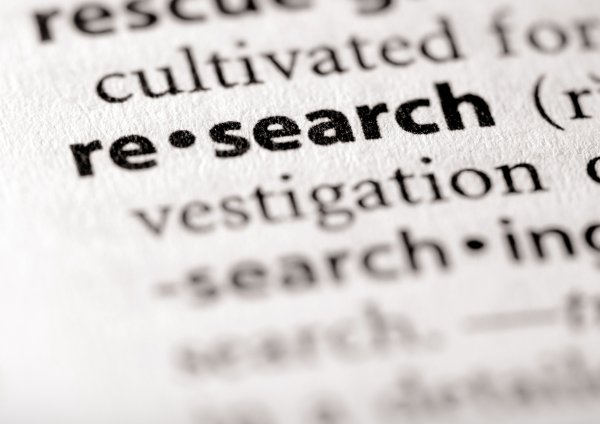A new Israel-Australia research centre involving Melbourne's Monash University has been launched in Tel Aviv.
The centre's co-directors include well-known Australian diabetes expert and professor of diabetes at Monash, Paul Zimmet AO. Professor Zimmet is a world-renowned leader in diabetes research.
The other co-director is Professor Naftali Stern, director of the Institute of Endocrinology, Metabolism and Hypertension at Tel Aviv Medical Center.
Scientists from Monash’s Department of Diabetes will be embedded at the new research centre, called the Sagol Center for Epigenetics of Metabolism and Aging, while their counterparts from Israel will be trained at Monash.
Epigenetics refers to changes in the genetic material surrounding genes that are induced by the environment.
Professor Zimmet said he believes some of these translate into adult disorders, including obesity and type 2 diabetes, and may be passed down between generations or acquired during a lifetime.
“If you think of type 2 diabetes, for example, everyone thinks it’s all genetic,” said Professor Zimmet.
“But only about 20 per cent of risk of type 2 diabetes has been shown to be associated with genes. There’s a whole belief now that the role of environment makes up a considerable part of that risk.”
The centre will aim to reveal epigenetic changes in body organs that contribute to ageing and disease. It will work to discover what changes are experimentally reversible and develop therapies to delay ageing and diseases such as type 2 diabetes.
Ambassador of Israel to Australia, Mark Sofer, said the project catapults Australian-Israeli scientific medical collaboration into a new era.
“One cannot commend highly enough the initiative of the Sagol Family and the amazing professionalism of Professors Paul Zimmet and Mark Cooper and their team at Monash University in Melbourne and of Professor Naftali Stern and his team at the Tel Aviv Medical Center,” said Mr Sofer.
Victorian Minister for Innovation and the Digital Economy, Philip Dalidakis, welcomed the collaboration.
"Monash is a world leader in medical research and we're proud to see this great University collaborating with other world leaders and further strengthening our relationship with Tel Aviv,” said Mr Dalidakis.
The initiative was made possible through the philanthropy of the Sagol family in Israel.
“Sami Sagol is a visionary philanthropist and a strong believer in the interchange of information and research between nations to strengthen relations between nations, as well as to improve scientific knowledge,” said Professor Zimmet.
“We are now trying to raise funds from Australian philanthropic donors here to further support the Monash side of the program.”
